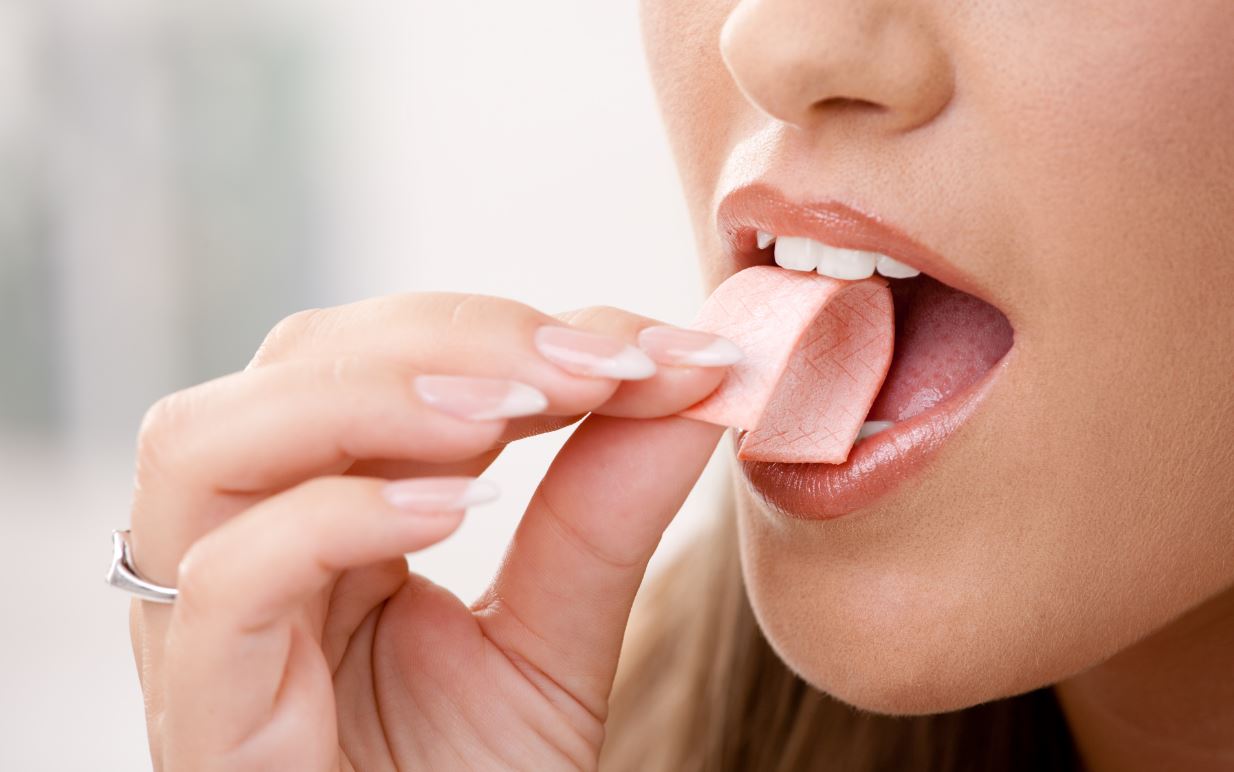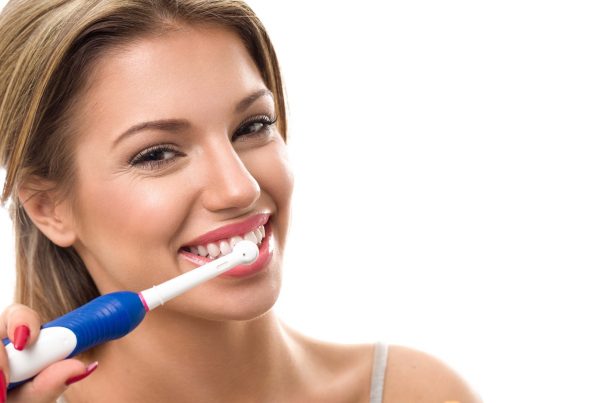There is evidence to suggest that sugar free chewing gum could protect your teeth against tooth decay. It’s important to remember that a lot of this evidence was produced by the people who actually make the chewing gum but there still could be some truth in it.
So how might chewing gum protect your teeth against developing tooth decay? When you chew sugar free gum, it tricks your brain into thinking that you are eating food. You can taste the gum, your jaw is working and so your body prepares for food. One of the things that happen is that your mouth releases saliva.
This is the key to how we think sugar free gum might protect against decay. Saliva. It’s magic stuff. Saliva washes over your teeth. It washes away leftover food. It neutralises acid from lunch. It even contains antibodies to combat bacteria that are ready to destroy your lovely nashers.
So you have lunch. A sandwich, some crisps and an orange juice. When you’re done, the crisps and juice have combined to make a sugary, acidic mush that is squashed between your teeth. It’s an acid attack and the bacteria get to work. But if you chew sugar free gum, you make saliva that flushes around your mouth and acts to protect your teeth.
That’s the theory. In practise, I’m not sure how effective it really is. Chewing gum is never going to be a replacement for brushing your teeth twice a day with a fluoride toothpaste. As a dentist, I do not chew sugar free gum and I don’t recommend it to my patients.
However, there was a study published in the British Dental Journal last year that said everyone should be chewing sugar free gum. They said that chewing gum would save the NHS millions of pounds every year because people would need less dental treatment. But who do you think paid for the study? It was Wrigley’s; the biggest chewing gum brand in the UK.
I’m not saying that the results of this study are wrong. I just think that they might be biased.
Remember that if you chew gum, it must be sugar free. When you eat sugar, the bacteria that live in your mouth are eating it too. They eat some of the sugar and turn it into acid. The bacteria poo this acid onto your teeth and this acid causes tooth decay.
Is there anything wrong with chewing sugar free gum?
On the whole, I would say no. I don’t see much wrong with it. The only downside I can see is that your jaws have to do extra chewing.
Jaw pain is very common. Many people clench or grind their teeth while sleeping. This can overwork your jaw joint and can cause pain. Chewing gum can also be a cause of pain in your jaw because, again, you are overworking the jaw and the muscles.
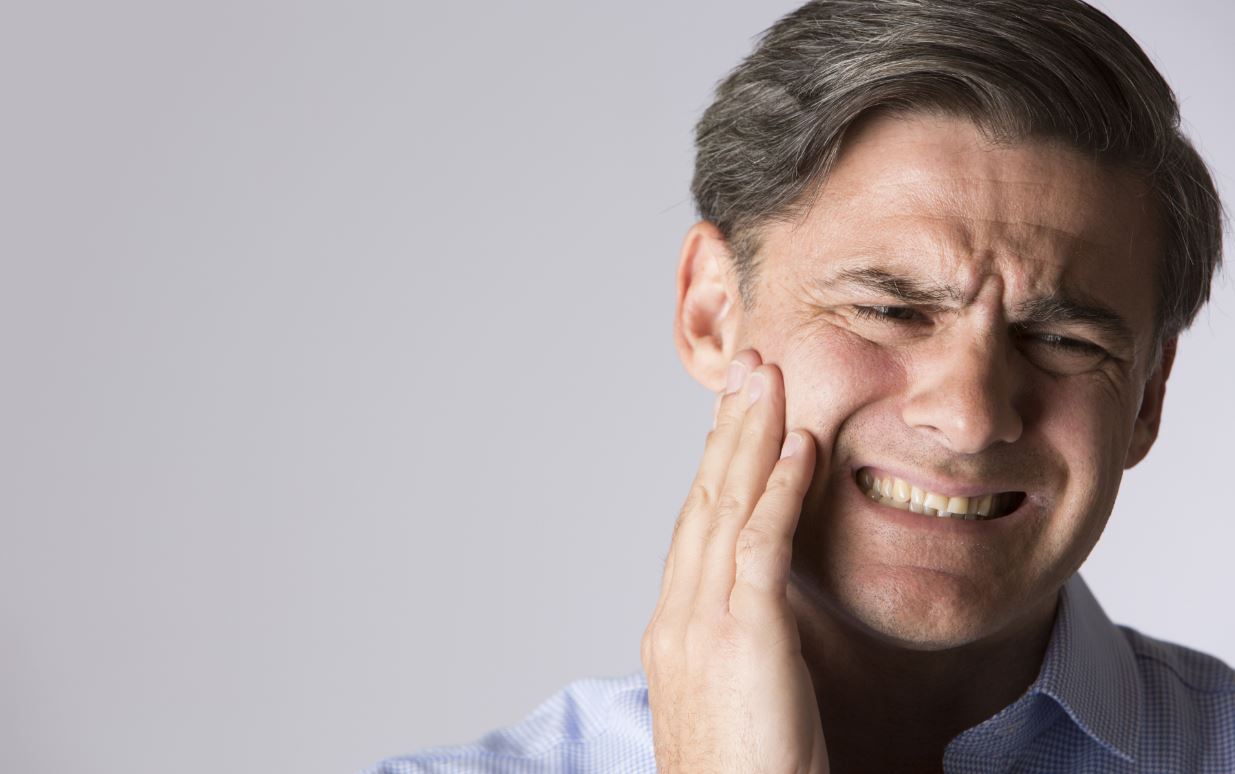
If you suffer with pain in your jaw joint and muscles, I would strongly advise against chewing gum. If you chew a lot of gum and your jaw starts to become painful, the gum could be part of the problem.
So, what’s the verdict on sugar free gum?
There is evidence to say that chewing gum might protect your teeth against tooth decay. But, as previously mentioned, a lot of this evidence was actually written and paid for by the people at Wrigley’s and other chewing gum manufacturers.
We’re not saying that they are wrong. We just think that they might be a little bit biased.
Having said that, I don’t think that there is much wrong with using gum and it might help to prevent decay. Just remember that chewing gum is never a replacement for brushing your teeth. When caring for your teeth, you need a routine that you follow every day.
Keep updated with the Online Dentist newslettersign up today
Recent Articles
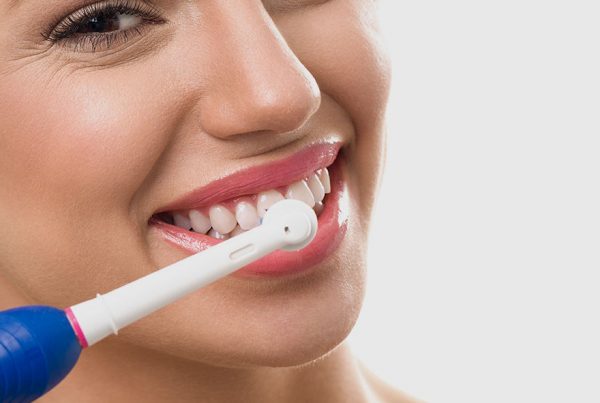 Tooth brushing is the best way we have to remove bacteria from our mouths. The majority of problems with your teeth are caused by bacteria. Bacteria making holes. Bacteria damaging...
Tooth brushing is the best way we have to remove bacteria from our mouths. The majority of problems with your teeth are caused by bacteria. Bacteria making holes. Bacteria damaging...
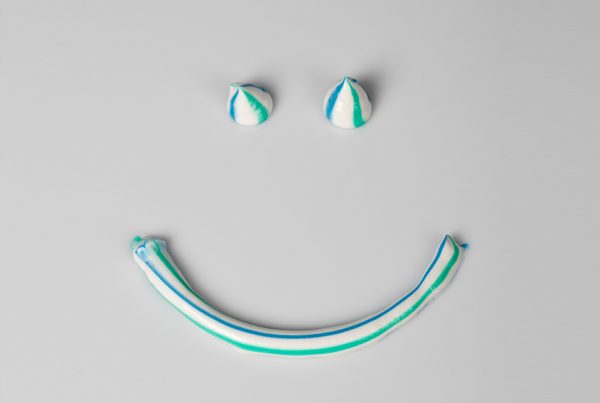 This article is all about toothpaste, what should be in it and why you should use it when brushing your teeth. Forgive me but I'm going to start out with...
This article is all about toothpaste, what should be in it and why you should use it when brushing your teeth. Forgive me but I'm going to start out with...

